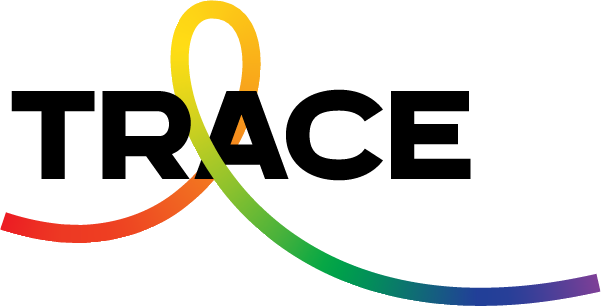About /
Methodology and timeline
Year 1
Background and Training
Year 1 comprises theoretical and country-based background, including theoretical workshops led by the PI and the post-doctoral researchers; and methodological training and practice on the biographic narrative interpretive method (BNIM).
Milestones
- Month 9: 1 advanced training summer school (Monsters Summer School III)
- Month 10: country-based socio-political summaries
- Month 11: BNIM training
- Month 12: submission of 1 journal article
Year 2
(Months 13-24)
Fieldwork and Country-Based Analysis
In-depth, qualitative interviews inspired by the BNIM method, conducted in each country with participants born before 1960. A total of 80 BNIM interviews are expected. Interviews will be fully transcribed, translated, anonymised and analysed by the research team focusing on the lived life within the broader socio-historical context. The dataset will be subject to TRACE three-pronged analytical protocol originally designed by the PI: phase 1 – the narratives; phase 2 – the counternarrative; phase 3 – encounternarratives. After conducting this analysis, the research team will produce 5 country-based national reports.
Milestones
- Month 15: end of fieldwork
- Month 22: end of country-based analysis
- Month 24: 2 conference papers and 2 journal articles submitted
Year 3 + 4
(Months 25-48)
Integrative Data Analysis I, II & III
Replicating TRACE three-pronged analytical protocol through an integrative, cross-national approach:
Integrative Analysis I: I am what I am: becoming a subject. Based on Strand 1 Outlaw Main focus: becoming a subject of rights after having been illegal – growing up as LGBTI+ during repressive political regimes; individual and collective strategies to elude illegality.
Integrative Analysis II: I’m still standing: remaining a subject. Based on Strand 2 Outcast. Main focus: remaining a subject of rights despite being sick/despite illness-related stigma; the idea of a “risk group”, discrimination and suspension of rights during the AIDS crisis.
Integrative Analysis III: Both sides now: towards a 60+ queer citizenship. Based on Strand 3 Outlast. Main focus: getting older as LGBTI+ person in LGBTI+ friendly countries/Europe, absence of adequate policies intersecting ageing sexualities, related impacts on mental health and well-being.
Milestones
- Month 32: end of integrative analysis 1
- Month 40: end of integrative analysis 2
- Month 48: end of integrative analysis 3
Year 5
(Months 49-60)
Dissemination and Communication (D&C)
The Dissemination and Communication Plan encompasses academic dissemination as well as outreach and other forms of communication to non-academic publics. Social media management will be a significant part of the D&C strategy. Despite significant outputs in Years 1, 2, 3 and 4, the D&C Plan in Year 5 is exclusively focused on enhancing impact and visibility, both locally and internationally. Outputs include:
Milestones
- 7 papers in national and international conferences
- 5 articles submitted to indexed journals
- 1 book proposal and 1special issue of an indexed journal
- 2 submitted PhD theses
- 1 documentary Queer Lives 60+
- 1 photographic essay and exhibition
- 1 archive: Queer Lives 60+ online archive
- 1 executive summary (translated into the 5 languages used in TRACE)
